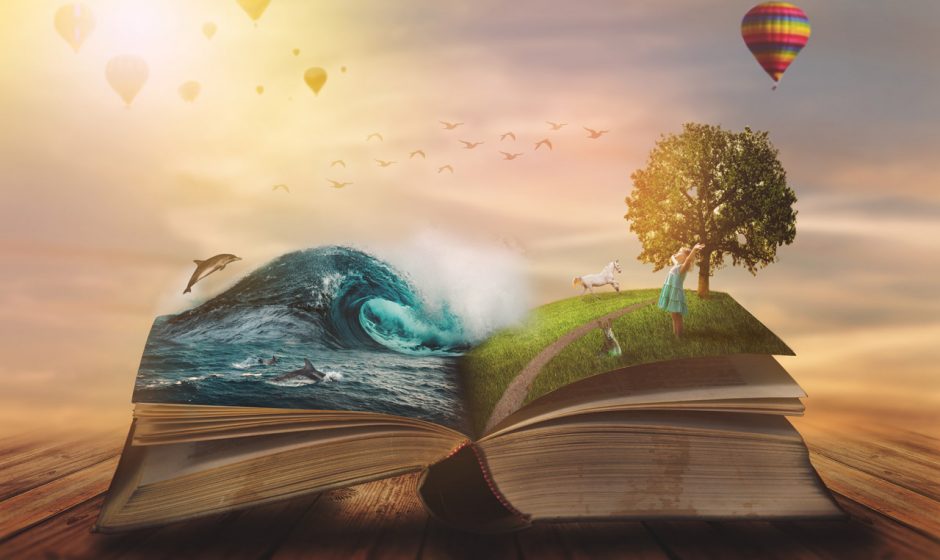In a world where the urgency of the climate crisis weighs heavily on our shoulders, the power of storytelling has emerged as a beacon of hope and change. Through the lens of eco-fiction, authors weave tales that delve into environmental issues, sparking conversations, igniting empathy, and inspiring action. In this review, we explore a selection of books that courageously tackle the pressing challenges facing our planet.
Barbara Kingsolver’s “Flight Behavior” takes readers on a journey to rural Tennessee, where a baffling ecological phenomenon disrupts a community’s way of life. Through the eyes of a young woman named Dellarobia, the story unfolds with themes of climate change, adaptation, and human impact on the environment. With lyrical prose and profound insight, Kingsolver challenges readers to confront the complexities of the natural world and our role in its preservation.
Moving across the globe to the Arctic, we encounter the chilling narrative of “The Overstory” by Richard Powers. This Pulitzer Prize-winning novel interweaves the lives of nine characters, whose connections to trees shape their destinies in unexpected ways. With poetic language and a deep reverence for nature, Powers invites readers to witness the profound interconnectedness of all living beings and the devastating consequences of deforestation.
In a more speculative realm, Kim Stanley Robinson’s “New York 2140” paints a vivid portrait of a near-future Manhattan submerged by rising sea levels. As a cast of diverse characters navigate the complexities of life in a water-logged city, Robinson explores themes of resilience, class struggle, and collective action in the face of environmental crisis. Through his intricate world-building and thought-provoking narratives, Robinson challenges us to reimagine our relationship with nature and envision alternative futures.
Closer to home, “The Water Knife” by Paolo Bacigalupi thrusts readers into a drought-stricken American Southwest, where water scarcity fuels political corruption, violence, and desperation. Against this harsh backdrop, the lives of three individuals intertwine in a gripping tale of survival, sacrifice, and the harsh realities of a world ravaged by ecological collapse. Bacigalupi’s gritty storytelling and stark imagery compel us to confront the consequences of environmental degradation and the fragile balance of ecosystems.
As we immerse ourselves in these stories of ecological upheaval, resilience, and redemption, we are reminded of the intrinsic connection between humans and the natural world. Eco-fiction serves as a powerful tool for raising awareness, fostering empathy, and inspiring action in the face of the climate crisis. Through the transformative alchemy of storytelling, authors weave narratives that invite us to reflect on our place in the intricate web of life and imagine a more sustainable future for generations to come.
So, dear readers, let us embark on this literary journey of exploration, reflection, and revelation. Let us heed the call of these eco-fictional worlds and embark on our own quest for environmental stewardship and collective transformation. Together, through the pages of these books and the power of narrative, we can confront the challenges of the climate crisis with courage, compassion, and creativity. Let us embrace the stories that nurture nature and kindle the flame of hope for a greener, brighter tomorrow.



